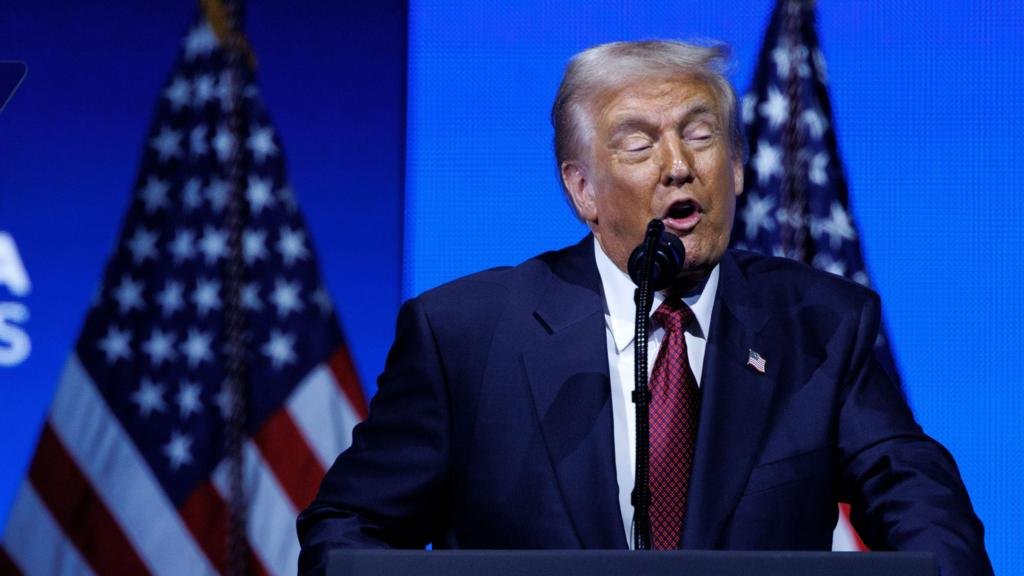In a recent court session, New York judges intensely questioned representatives from a city partnership and NYC officials regarding substantial tax breaks given to businesses. This line of questioning stems from growing scrutiny over whether these tax incentives provide a genuine public benefit or merely favor certain corporations at the expense of the city’s finances.
Examining the Validity of Business Tax Incentives
The panel of judges raised concerns about the effectiveness and fairness of these tax breaks, pushing both parties to clarify their criteria for determining which businesses receive incentives. Their inquiries touched on issues such as transparency, the actual economic impact on local communities, and whether these tax breaks foster sustainable job growth and economic development within New York City.
Public Criticism and Legal Implications
Public skepticism around business tax incentives has surged, with critics arguing that these tax breaks disproportionately benefit large corporations without significantly contributing to the local economy. Community advocates have voiced concerns that the lost tax revenue might otherwise fund essential services, such as education and public transportation, directly impacting NYC residents.
What’s Next?
This case underscores a larger debate on corporate incentives, especially as New York City navigates economic recovery. With judges challenging the validity and oversight of these tax breaks, the outcome could set a precedent for how New York and other cities approach business incentives in the future. The court’s decision will likely impact not only NYC’s approach to economic development but also set a benchmark for accountability and transparency in business partnerships across the nation.




